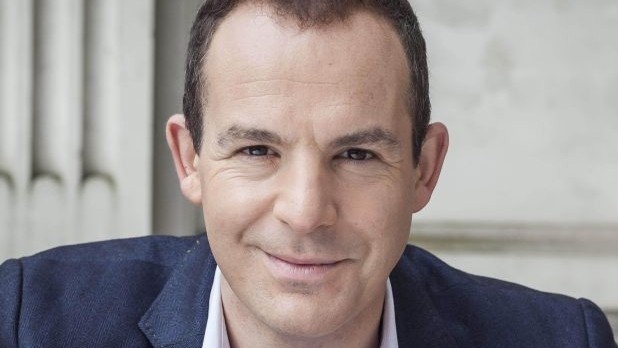UK charity calls for banks to shore up gambling harm support

The Money and Mental Health Policy Institute (MMHPI) says financial services providers should play a role in tackling gambling harm.
UK.- The Money and Mental Health Policy Institute (MMHPI), a charity established by MoneySavingExpert founder Martin Lewis, has proposed that UK banks should play a greater role in tackling gambling harm. Its new policy paper says financial institutions could help fill gaps in support.
The paper examines gambling harms in Britain and the role of current account providers. It notes that banks and financial institutions have “unique visibility” of their customers’ spending habits, which could enable them to identify and intervene in cases of potentially harmful gambling behaviour. The charity suggests this could help in cases where customers hide their problems due to stigma.

The policy paper notes that the existing customer duty standards set by the Financial Conduct Authority (FCA) require current account providers to “prevent foreseeable harm”. It also cites the Gambling Commission’s (UKGC) new Gambling Survey of Great Britain and the estimation that 2.5 per cent of British adults have experienced problem gambling. It notes that one in five people who gambled in the past 12 months and experienced problem gambling had reported losing their home, job, business, or car, or being declared bankrupt.
Proposals for financial institutions to monitor and intervene in gambling behaviour
The paper suggests that financial institutions should actively identify and intervene to guide customers to resources for support. It says this could include monitoring transaction patterns to detect early signs of gambling issues, such as high-frequency transactions with gambling operators or instances of gambling before covering expenses like rent.
It also says banks could proactively engage with customers regarding their gambling spending and point them towards external support services. It’s recommended that banks also enhance gambling transaction blocks by providing flexible cooling-off periods and specific spending limits.
The paper suggests that, with customer consent, open banking protocols could be used to gain insights from multiple bank accounts and to allow more tailored interventions. It suggests that higher-risk demographics, such as young adults or people who have previously suffered from gambling harm or mental health issues, should receive more attention.










